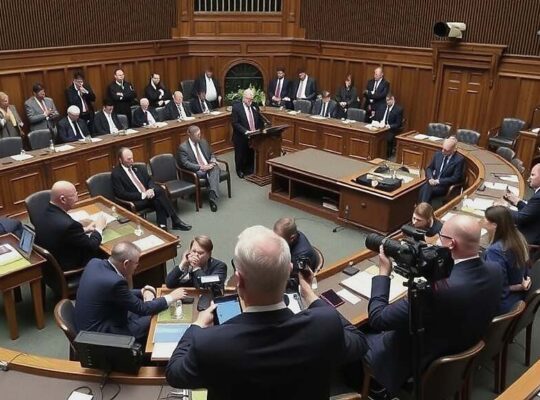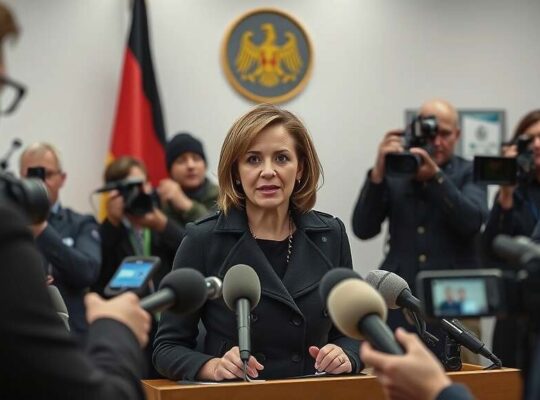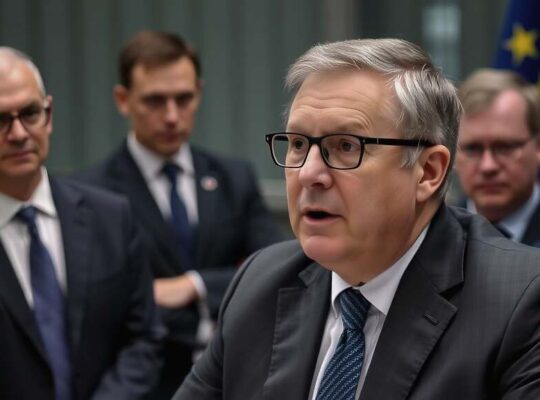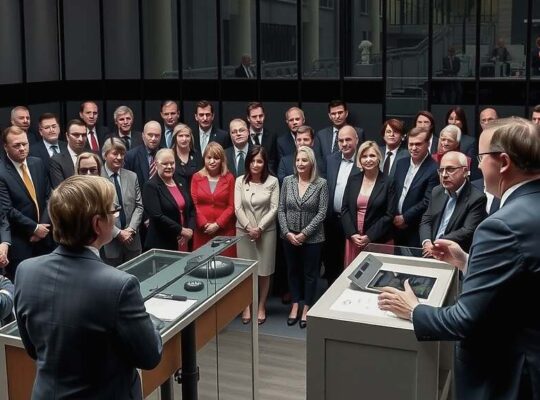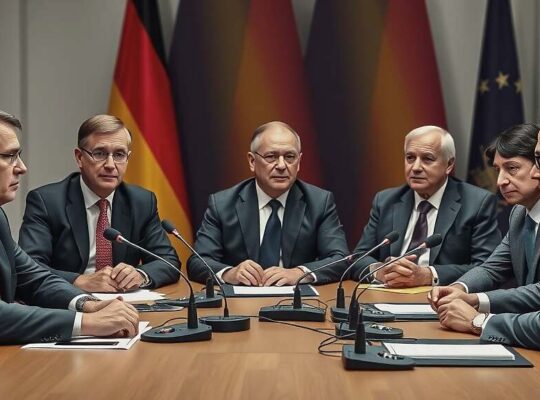The German government’s impending shift in the legal status of Ukrainian refugees is drawing sharp criticism, particularly from the Green Party, raising concerns about the fairness and efficacy of the policy. The cabinet is slated to formally approve the change on Wednesday, which will reclassify Ukrainian refugees arriving after April 1st, denying them access to the comparatively generous Bürgergeld (citizens’ allowance) and placing them instead on the lower-value asylum seeker benefits.
This move, initially agreed upon by the governing coalition of the Social Democrats (SPD) and Christian Democratic Union (CDU) in their coalition agreement, has sparked a political firestorm. While SPD Minister for Labour, Bärbel Bas, previously signaled the policy change in parliament, accompanied by expressed reservations, the Green Party is now publicly denouncing it as a misguided and ultimately counterproductive measure.
Green Party parliamentarian Timon Dzienus characterized the policy as a “snap idea” underscoring the party’s deep unhappiness with the decision. He argued that the shift is “socially and politically wrong, damaging to integration efforts and financially illogical”. Dzienus’s critique doesn’t focus solely on the humanitarian aspect; he aggressively challenges the government’s reasoning regarding cost savings. He alleges that the supposed benefits of reducing Bürgergeld payouts will be dwarfed by increased federal spending on municipalities tasked with supporting these refugees.
“The supposed savings from Bürgergeld will be outweighed by the additional costs incurred by the federal government for municipalities” Dzienus asserted. He labelled the policy “a costly and senseless parlour trick that creates chaos” questioning the government’s transparency and motives. The Green Party is formally submitting a motion urging the government to maintain the existing regulations, signaling a potentially divisive debate within the parliamentary landscape and raising broader questions about the government’s approach to managing the ongoing humanitarian crisis involving Ukrainian refugees. The shift’s impact on municipal finances and overall integration strategies is expected to be a key point of contention in the coming weeks.




